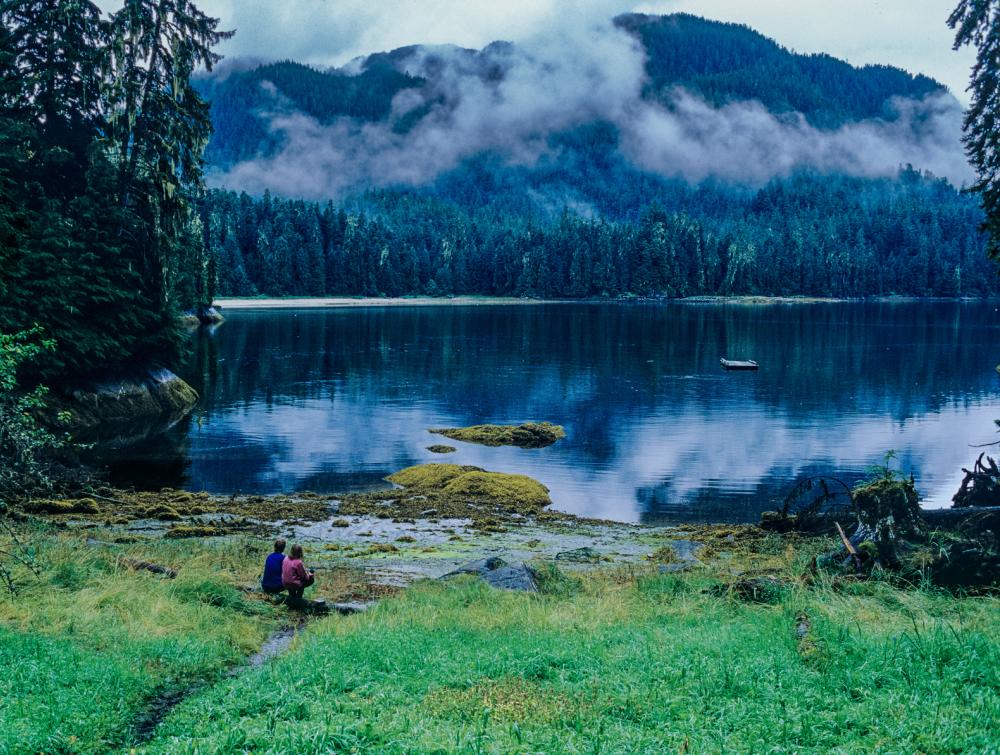Biden To Restore Greater Protections For Tongass

Tongass National Forest, Alaska
Howie Garber
Plan Announced by USDA Reverses Trump Decision and Includes New Safeguards
In keeping with their June notice, the Biden administration today announced that the U.S. Department of Agriculture (USDA) would fully reverse the Alaska Roadless Rule exemption in the Tongass National Forest. The Trump-era action exempts 9.3 million acres of the Tongass from the 2001 Roadless Rule, which for much of the past two decades has protected this ancient rainforest from road construction and timber harvesting.
As part of today’s announcement, the USDA also intends to end large-scale old-growth logging in the Tongass and to make a $25-million investment in local sustainable development in southeast Alaska, known as the Southeast Alaska Sustainability Strategy.
The Wilderness Society celebrates this action and looks forward to the administration reinstating full roadless protections on the Tongass, one of the largest intact temperate rainforests on the planet. The following statement can be attributed to Josh Hicks, Senior Campaign Manager:
“We are very pleased to see the administration on a path towards restoring protections afforded under the national Roadless Rule, and restoring science-based decision making in the fight against climate change.
“The Tongass is the ancestral and contemporary homeland of the Tlingit, Haida, and Tsimshian peoples, and traditional lands comprise nearly every part of what is now called the Tongass National Forest. Customary and traditional uses cannot be protected when road construction and other large-scale industrial development are permitted in the landscape. The Wilderness Society is proud to stand in solidarity with the Organized Village of Kake, Organized Village of Kasaan and many others, and we thank them for their tireless efforts to reach this milestone.
“We are also pleased by the USDA’s commitment to invest $25-million in Southeast Alaska’s local economy to support projects that improve forest health and ecosystem restoration, guaranteeing that the Tongass remains intact for future generations.
“The Wilderness Society looks forward to working with the Administration to ensure that full protections are restored for the Tongass National Forest.”
CONTACT:
Jen Parravani, Communications Manager
jen_parravani@tws.org
(202) 601-1931
